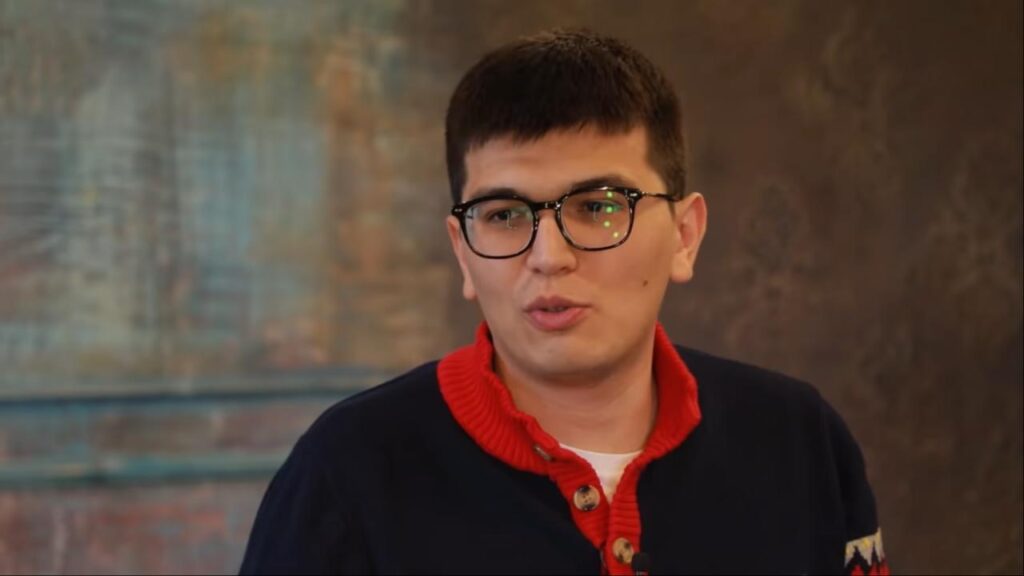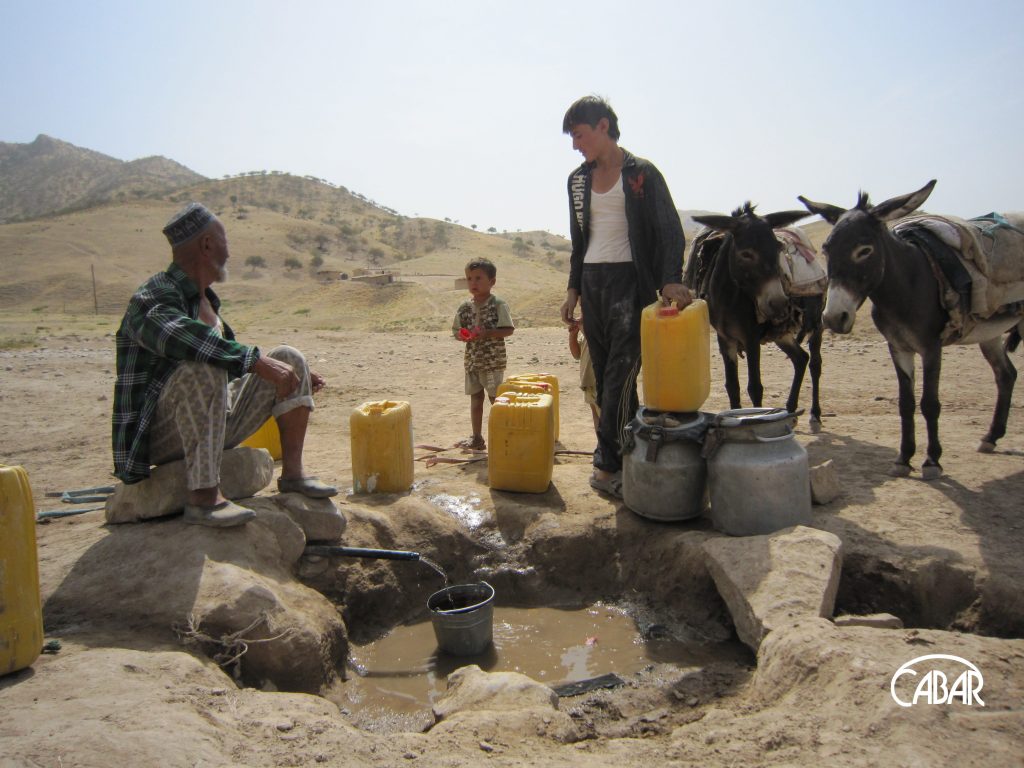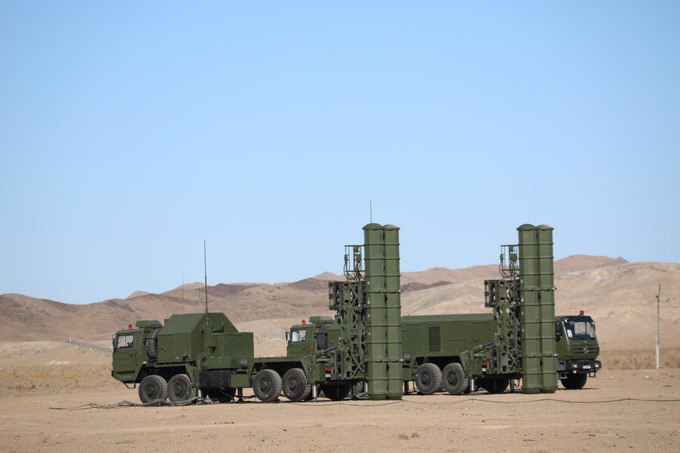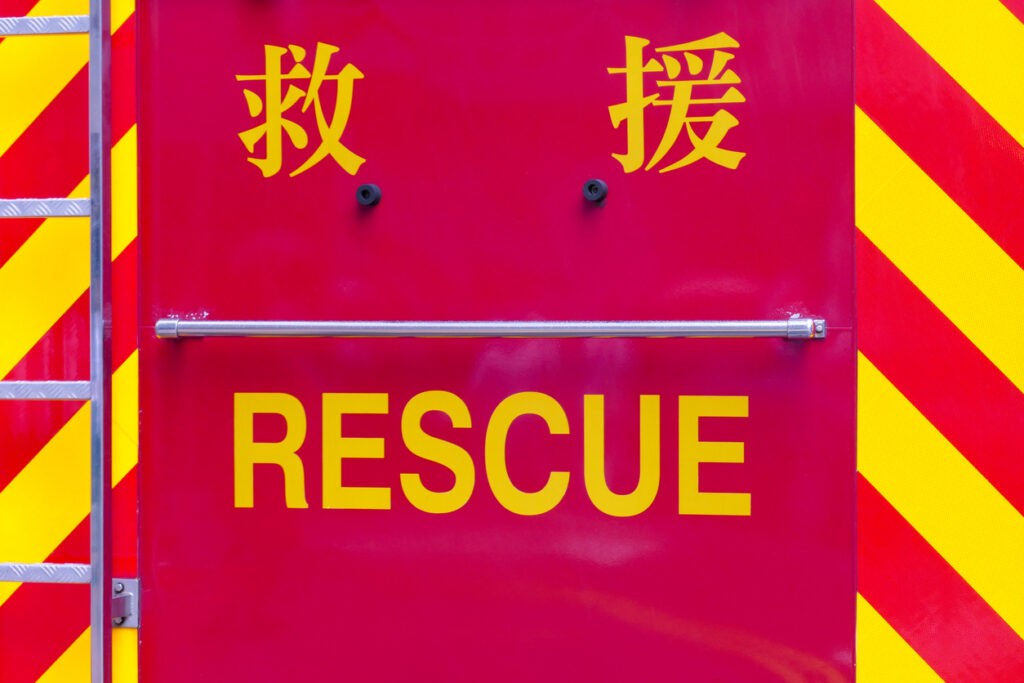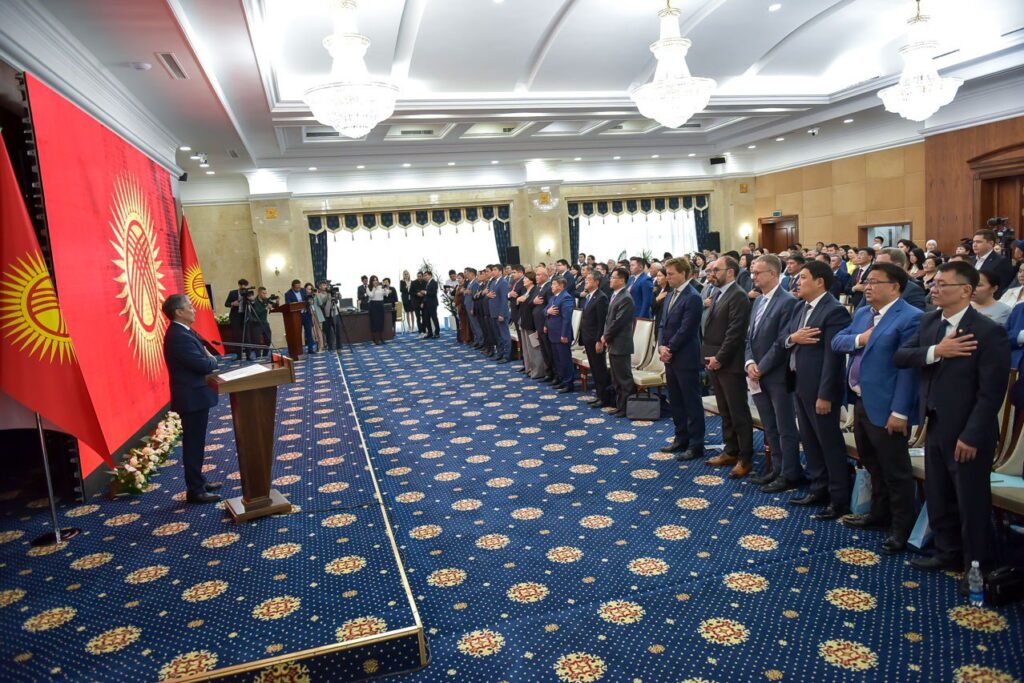Nuclear Power in Uzbekistan Has a Political Aspect – Economist Behzod Hoshimov
A Russian-built and managed nuclear power plant (NPP) is under construction in Uzbekistan’s Jizzakh region. However, some experts are not convinced about the project’s feasibility. One of them is Uzbek economist Behzod Hoshimov, who has been speaking recently about the economic and political aspects of Rosatom’s foray into Uzbekistan.
According to Hoshimov, the problem is not the lack of reform in the electricity and energy sectors, but rather poor policy and management.
“Even now, without any nuclear power plants, we can import electricity or fuel for its production, and we can attract companies that produce solar energy at fairly normal prices. Therefore, the problem of “lack of electricity” results from artificially created, mismanaged, and wrongly constructed electricity policy. The construction of NPP is not a technological problem that can be solved,” the economist writes on his Telegram channel.
He raises questions such as whether the decision to build a nuclear power plant was economically feasible, and how much money the Uzbek government will spend on its construction.
“Will it be financed from other financial sources, including the state debt, and most importantly, if the state is building, how much will it cost the people of Uzbekistan?” The amounts intended to be used from all state and non-state financial sources must be fully and completely disclosed. This fiscal requirement is also defined in our constitution,” Hoshimov adds.
“But more importantly, there are other conditions in the deal, which are more important than the station’s price. We need to talk about them. It is very important who manages the station and at what price electricity is sold. In Turkey, Russia has built entirely at its own expense and made a deal for 12.5 cents per 1 kilowatt hour of energy. There is a reasonable question about whether we should take it under the same conditions. Today, if there are cheaper generation sources in Uzbekistan, how much more expensive nuclear energy is necessary?”
Hoshimov has noted that there are also political aspects to the issue:
“The second thing that applies to all state expenditures, especially large and important ones, is choosing a contractor. Did companies other than “Rosatom” participate in the tender? Countries like France and Japan have highly developed atomic energy, and they also build excellent stations. What did their companies offer to our government? Why “Rosatom?” The reason I ask this question is, of course, that there is no place for politics in such a thing. Europe has almost completely abandoned Russian energy – the reason for this was the full-fledged war in Europe. Once upon a time, Germany decided that Russian energy was cheap, not considering political calculations but relying only on economic calculations, and this decision cost a lot. But for a much smaller country like ours, the fact that the main contractor in the NPP is the Russian state and a state-owned enterprise should be a very big question.”
He also points out: “If the Japanese and the Russians offer the same price, I would say that the Japanese should be chosen, even if the price is the same. In any case, the political risks are much lower. The war is still not over, and if new sanctions are introduced – for example, the power plant in our country and its consumers – the consequences for the Uzbeks, I think, are still an open question. In addition, the funds that Uzbekistan receives for the modernization of its energy industry mainly come from Western or Western-led financial institutions. All these organizations have imposed sanctions on Russia. Now, is there a danger that the technology and the source of funds for the modernization of the entire energy system will disappear because of only one NPP?”


